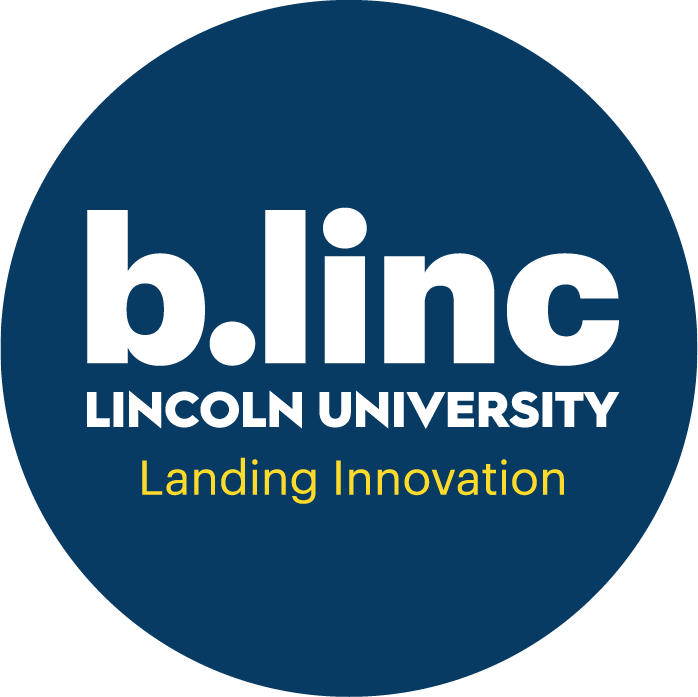To adapt to climate change, NZ farmers are increasingly utilising on-farm diversification as a promising strategy, but there are limited recommendations available on how to do it to address the agroecological and socioeconomic challenges they encounter.
With developing extreme weather events and innovation in diversification, climate-smart agriculture interventions seem to be needed and available. But with many interventions, they face barriers such as risk aversion, loss of local knowledge, and limited access to agronomic and market information, which may cause hesitance to adopt diversification strategies. So what can make the adoption of new technologies and practices easier?
Diversified farm systems can provide a safety net in case of price fluctuations or other disruptions to crop value chains, allowing farmers to adapt their farm systems to climate change and provide increased food security and improved income. Can’t these benefits outweigh the aversion to adopt?
Can agricultural development practitioners and researchers collaborate with farmers by following steps to assist them in decision-making regarding on-farm diversification of cropping, pasture, and agroforestry systems? Enabling an environment for on-farm diversification can be established through networks of agricultural innovation that link farmers and organisations with private companies, public organisations, NGOs, and research institutes.
We are joined by three speakers, supporting that the way forward is working with farmers to create diversified production systems that integrate high-value crops and traditional food production systems.
Timings:
8.45am : Networking
9.00am : Welcome & introduction
9.10am : Keynote address 1 - Alan Renwick, Lincoln University
9.30am : Keynote address 2 - Stuart Taylor, Craigmore Sustainables
9.50am : Keynote address 3 - Mike Casey, NZ0
10.10am : Panel discussion/Interactive Q&A session with audience
10.30am : Speaking finishes, networking
11.00am : Event finishes
Our Speakers
Professor Alan Renwick, Lincoln University
Alan Renwick has been Professor of Agriculture Economics at Lincoln University since November 2015. Prior to moving to New Zealand, he worked in academic institutions in England, Scotland and Ireland. During his 30 year career he has undertaken research on a wide range of issues facing the agrifood sector for both government bodies and industry. Recently a key focus of his work has been on the economics of existing and novel land uses and the processes involved in land-use transformation and adaptation to climate change. He is currently Co-Chair of the Lincoln University Centre of Excellence in Transformative Agribusiness which aims to be at the international forefront of solutions that will enhance the sustainability of the food and fibre sectors. Its role is to support the development of new products and new ways of working that increase economic and social value while reducing the environmental impacts of agribusinesses.
Stuart Taylor, Craigmore Sustainables
Stuart is the General Manager for Craigmore Sustainables, a unique Kiwi-owned and operated company that manages more than 25,000 hectares of dairy, forestry and horticultural properties throughout the country. Founded in 2009, their vision is to make a real difference to Aotearoa New Zealand through producing food and fibre that is sought after around the globe and which leads the way in sustainable practices, while also benefiting our rural communities.
Mike Casey, NZ0
Mike has completely eliminated fossil fuels of the farm, becoming what he believes to be the first zero fossil fuel / 100% electric food producer in the world. It's become his life's work to help other farmers and food producers decarbonise Aotearoa's food system to ensure we grow the most sustainable food in the world. Mike is here to share the facts, figures and story around completely eliminating oil from his business in the most transparent way possible. You will see how much capital he has spent, the operational savings, the carbon saved, and most importantly, how electrification will shape the future of our food. Mike is now the CEO of NZ Zero, a startup designed to be the on ramp to the sustainability highway for other food producers.
Click here to see more events



